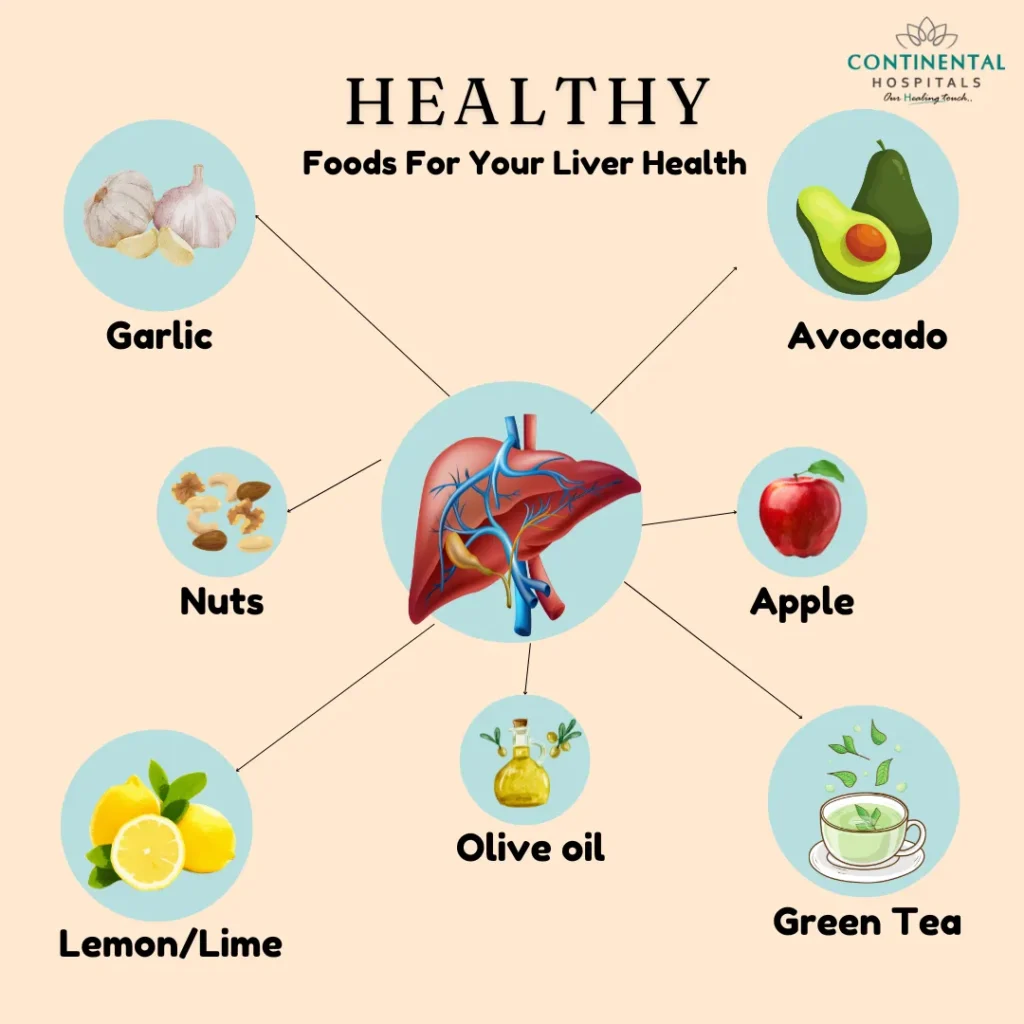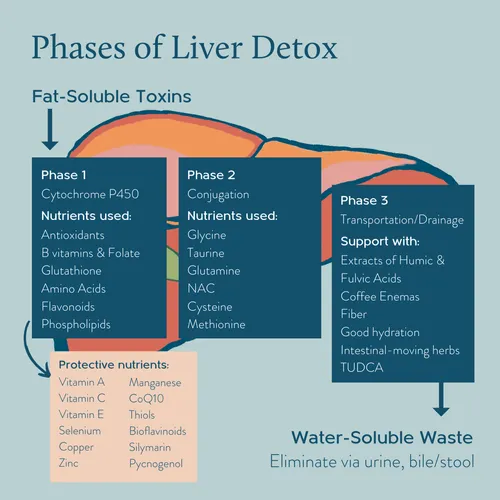The liver is one of the most vital organs in the human body, responsible for detoxifying harmful substances, metabolizing nutrients, and producing essential proteins. However, with the rise in unhealthy lifestyle habits such as excessive alcohol consumption, poor diet, and lack of exercise, liver diseases have become increasingly prevalent. In this article, we will discuss lifestyle changes that can help protect your liver and improve your overall health.
1. Limit alcohol consumption: Excessive alcohol consumption is one of the leading causes of liver disease. The liver can only metabolize a certain amount of alcohol at a time, and excessive consumption can lead to liver damage. To protect your liver, it is important to limit your alcohol intake to moderate levels. The recommended limit is no more than one drink per day for women and two drinks per day for men.
2. Eat a healthy diet: A diet high in processed foods, saturated fats, and added sugars can contribute to liver damage. To protect your liver, it is important to eat a diet rich in fruits, vegetables, whole grains, and lean proteins. These foods contain essential nutrients that support liver function and help prevent liver disease. In addition, it is important to limit your intake of high-fat and high-sugar foods, as these can contribute to liver damage.
3. Maintain a healthy weight: Being overweight or obese increases the risk of developing liver disease. Excess body fat can accumulate in the liver, leading to a condition known as fatty liver disease. To protect your liver, it is important to maintain a healthy weight through a combination of diet and exercise. Aim to engage in regular physical activity and make healthy food choices to support weight management and protect your liver.
4. Stay hydrated: Drinking an adequate amount of water is essential for liver health. Water helps flush toxins out of the body and supports liver function. To protect your liver, aim to drink at least eight glasses of water per day. In addition to water, you can also consume herbal teas and fresh juices to support liver health.
5. Exercise regularly: Regular physical activity is important for overall health and can help protect your liver. Exercise helps improve blood flow, reduce inflammation, and support weight management. Aim to engage in at least 30 minutes of moderate-intensity exercise most days of the week to support liver health.
6. Avoid smoking: Smoking is harmful to the liver and can contribute to liver damage. Smoking increases the risk of developing liver cancer and can impair liver function. To protect your liver, it is important to avoid smoking and limit your exposure to secondhand smoke.
7. Limit exposure to toxins: Exposure to environmental toxins such as pesticides, heavy metals, and industrial chemicals can harm the liver. To protect your liver, it is important to limit your exposure to these toxins. Use natural cleaning products, eat organic foods, and avoid using products that contain harmful chemicals.
8. Get regular check-ups: Regular check-ups with your healthcare provider are important for monitoring liver health. Your healthcare provider can perform blood tests to assess liver function and screen for liver disease. If you have risk factors for liver disease, such as a family history of liver disease or a history of heavy alcohol consumption, it is important to discuss these with your healthcare provider and follow their recommendations for monitoring and managing your liver health.
FAQs
Q: Can liver damage be reversed?
A: In some cases, liver damage can be reversed with lifestyle changes such as limiting alcohol consumption, eating a healthy diet, and exercising regularly. However, in more severe cases of liver disease, such as cirrhosis, the damage may be irreversible. It is important to consult with your healthcare provider for personalized recommendations for managing and treating liver disease.
Q: Are liver detoxes effective?
A: There is limited scientific evidence to support the effectiveness of liver detoxes. The liver is naturally capable of detoxifying harmful substances, and there is no need for special detox treatments. Instead, focusing on lifestyle changes such as eating a healthy diet, limiting alcohol consumption, and exercising regularly can support liver health and function.
Q: How can I improve liver function?
A: To improve liver function, it is important to focus on lifestyle changes such as limiting alcohol consumption, eating a healthy diet, exercising regularly, staying hydrated, avoiding smoking, and limiting exposure to toxins. These lifestyle changes can support liver health and function and help protect against liver disease.
Q: What are the symptoms of liver disease?
A: Symptoms of liver disease can vary depending on the type and severity of the condition. Common symptoms of liver disease include fatigue, jaundice (yellowing of the skin and eyes), abdominal pain, swelling in the legs and abdomen, nausea, vomiting, and dark urine. If you experience any of these symptoms, it is important to consult with your healthcare provider for evaluation and treatment.
In conclusion, protecting your liver is essential for maintaining overall health and well-being. By making simple lifestyle changes such as limiting alcohol consumption, eating a healthy diet, exercising regularly, and staying hydrated, you can support liver health and reduce the risk of developing liver disease. It is important to consult with your healthcare provider for personalized recommendations for protecting your liver and managing any underlying liver conditions. By taking proactive steps to protect your liver, you can improve your overall health and quality of life.


